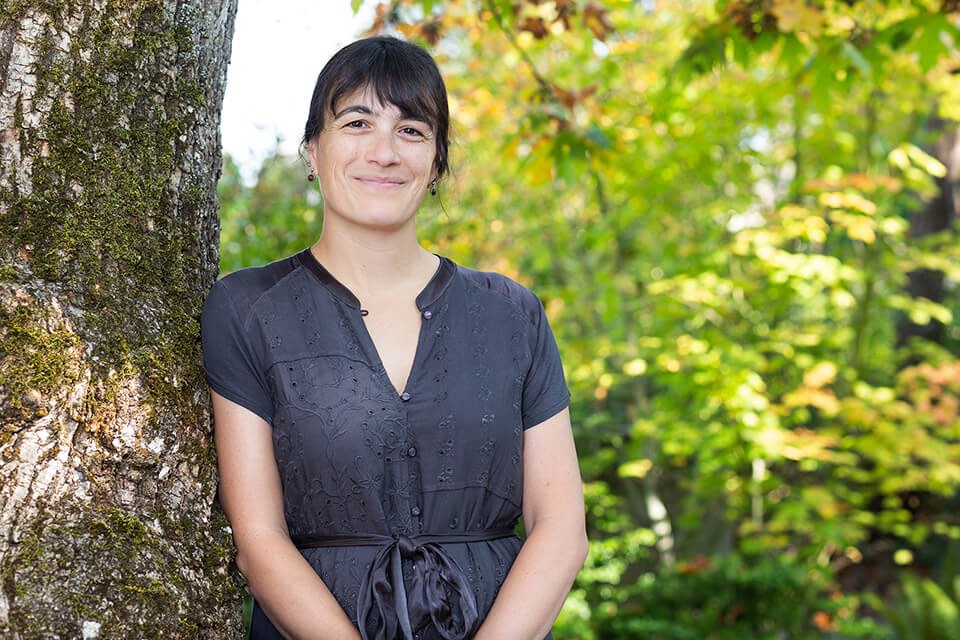All three recipients will have almost half of their research costs covered by the province of B.C.

The B.C. Knowledge Development Fund (BCKDF) is an annual sum that is given out to research projects across the province. This fund covers up to 40 per cent of research costs of successful applicants. This year, three projects led by UVic professors are receiving funding.
Instead of individual researchers applying for the funding, educational institutions must apply on behalf of projects. According to the B.C. government website, the BCKDF has specific guidelines when it comes to which project gets funding.
“When we make investments in research we invest in shared success in British Columbia, Canada and the world,” Lisa Kalynchuk, the vice president research and innovation at UVic said in a press release.
To be eligible, the project must have clear societal, environmental, or economic benefits for the province. For example, the projects must work towards reducing poverty in B.C., the preservation of B.C.’s natural environment, or create jobs for British Columbians.
Three UVic Canada Research Chairs (CRCs) were recognized for their work to improve B.C. Dr. Makhsud Saidaminov, Dr. Nicole Templeman, and Dr. Kristian Dubrawski were all chosen, all with very different areas of research.
Saidaminov is currently researching ways to develop cost and energy efficient solar energy technologies. As well as being the CRC in Advanced Functional Materials, Saidaminov is also an assistant professor in the department of chemistry. In the UVic news release, Saidaminov cited the importance of developing new technologies to slow the rate and impacts of climate change in Canada.
Dubrawski is the current CRC in water sustainability for Indigenous and rural communities. Their research involves investigating solutions for a lack of access to clean water across these districts. These findings aid communities in water management and monitoring the quality of water being used. Not only is this research being used to improve the health of Indigenous and other isolated communities, but it is also helping to improve ecological health in the province. Additionally, Dubrawski is also an assistant professor in the civil engineering department at UVic.
Templeman is the CRC in cell biology, an assistant professor in the biology department, and is currently researching the effects and causes of aging. Her research includes “molecular mechanisms that are involved in coordinating metabolism, reproduction and longevity.” In the UVic news story on the funding, Templeman explains the need for her research in B.C., citing the fact that the senior population in the province is higher than the national average.
The Martlet had a chance to connect with Dr. Templeman over email about her research, and the BCKDF funding. According to Templeman, she is happy to have received the BCKDF funding as it was her first successful application.
“It was exciting for me to find out about the BCKDF grant, because it was one of my first successful applications for funding as a new investigator,” Templeman wrote.
The fund will not only help, but will completely change her research in several ways.
“The BCKDF funding will be integral for supporting our lab in acquiring cutting-edge equipment and infrastructure for conducting our research,” said Templeman.
In the email exchange, Templeman shared that her research will help the province and the country. The findings will help in understanding age-related changes in order to combat chronic illness and improve reproductive health in women.
“Old age itself is the greatest risk factor for many chronic diseases. Considering that the population is aging across Canada […] there is a growing need to understand the biology of age-related changes,” Templeman wrote. “In addition, women are more frequently choosing to postpone childbearing across Canada and in many countries in the world, so we hope that our work will help to improve strategies to manage female reproductive health concerns.”
All three researchers, though their fields are very different, are receiving funding for their work to improve the province. The impacts of the research will not only be felt in B.C., but are also applicable in improving the country and the world.






